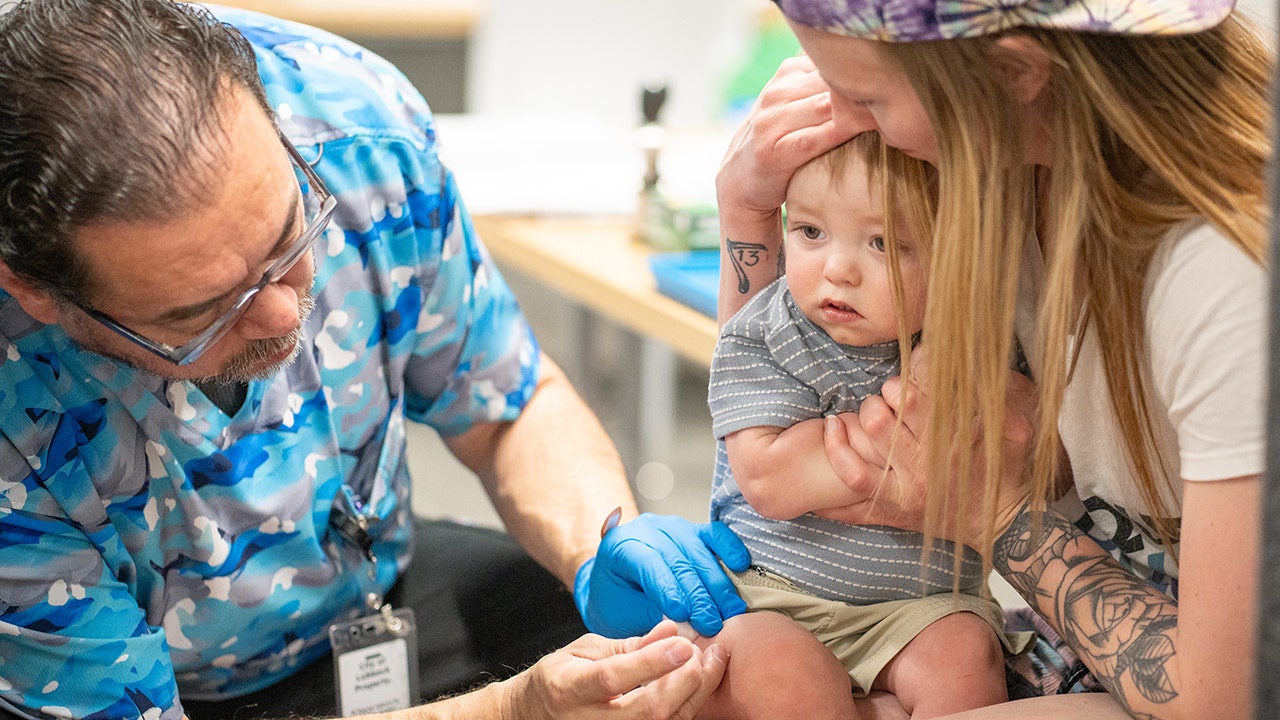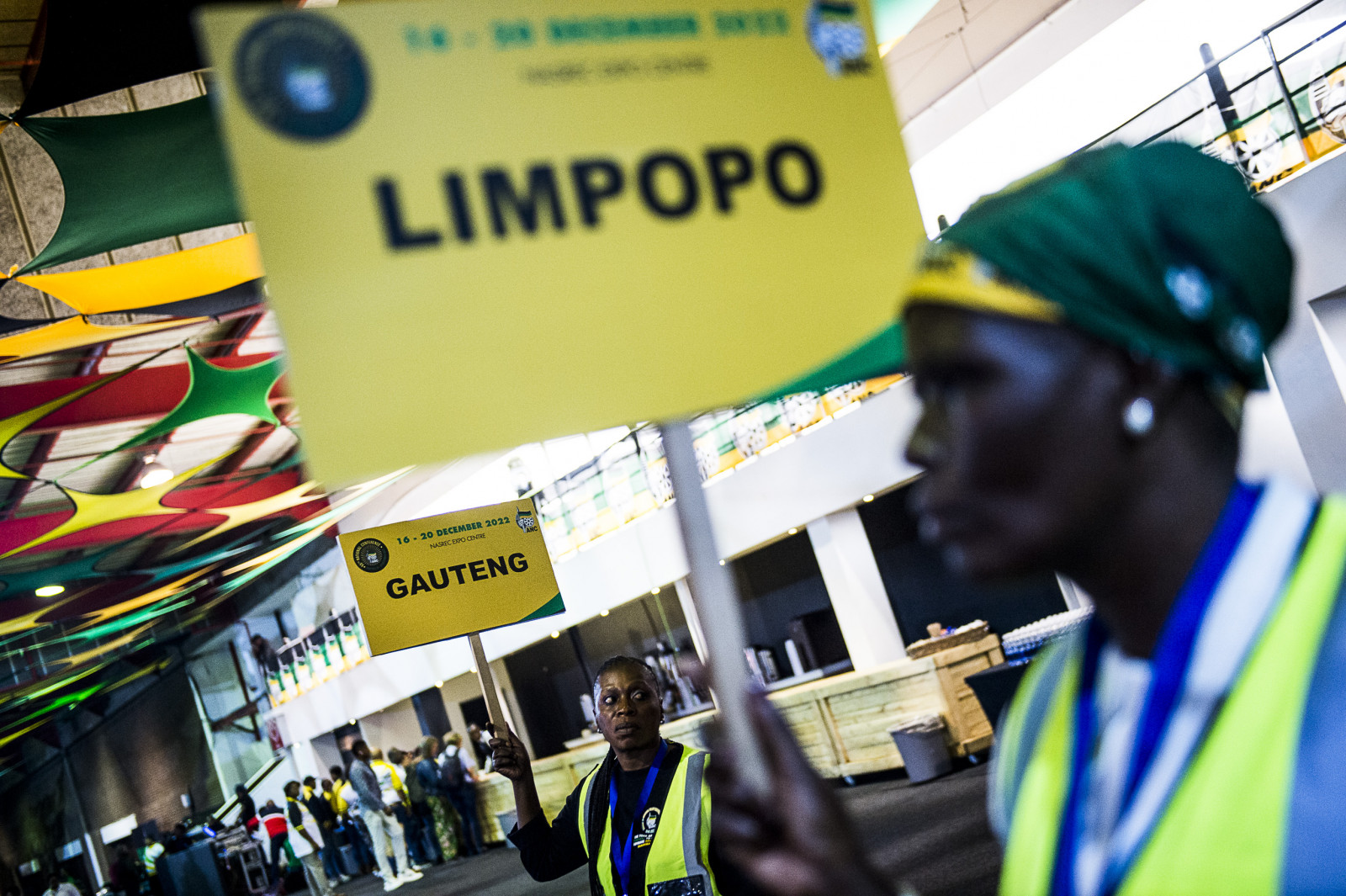The Kremlin said on Monday Russia has granted political asylum to overthrown Syrian President Bashar al-Assad, a decision it said was taken by President Vladimir Putin.
Kremlin spokesperson Dmitry Peskov declined to comment on Assad’s specific whereabouts and said Putin was not planning to meet with him.
Syrian rebels, led by an alliance by Hayat al-Tahrir al-Sham (HTS), a former al-Qaeda affiliate, reached Damascus over the weekend and overthrew Assad’s government following nearly 14 years of civil war. Assad’s overthrow, which appeared unthinkable just two weeks ago, raised hopes for a more peaceful future but also concerns about a potential security vacuum in the country, which is still split among armed groups.
Assad had been Syria’s leader since 2000, succeeding his father, who had been president for three decades.
Peskov said it was too early to say what the future would hold for Russia’s military bases in Syria, adding that it would be the subject of discussion with the new rulers in Damascus.
“This is all a subject for discussion with those who will be in power in Syria,” Peskov said, adding that there was “extreme instability” in the country.
Moscow has used Syria as a staging post to fly its military contractors in and out of Africa.
The Syrian government collapsed early Sunday. CBC’s Briar Stewart breaks down what happened and what this could mean for the future of the country and conflict in the Middle East.
PM still in his post
Prime Minister Mohammed Ghazi Jalali, who remained in his post after Assad and most of his top officials vanished over the weekend, has sought to project normalcy.
“We are working so that the transitional period is quick and smooth,” he told Sky News Arabia TV on Monday, saying the security situation had already improved from the day before.

He said the government is co-ordinating with the insurgents, and that he is ready to meet rebel leader Ahmad al-Sharaa, formerly known as Abu Mohammed al-Golani.
Separately, a Syrian opposition war monitor said a top aide to Assad’s brother, Maher, was found dead in his office near Damascus. The Britain-based Syrian Observatory for Human Rights said it was not clear if Maj. Gen. Ali Mahmoud, was killed or died by suicide.
Damascus was quiet on Monday, with life slowly returning to normal while most shops and public institutions were closed. In public squares, some people were still celebrating.
Civilian traffic resumed but there was no public transport. Long lines formed in front of bakeries and other food stores.

There was little sign of any security presence, and Associated Press reporters saw a few SUVs on the side of a main boulevard that appeared to have been broken into. In some areas, small groups of armed men were stationed in the streets.
A video circulating online showed a man in military fatigues holding a rifle attempting to reassure residents of the Mezzeh neighbourhood in Damascus that they would not be harmed.
Syrians in Turkey head to the border
Millions of Syrians fled after the outbreak of its civil war, with some three million settling in Turkey. Hundreds of Syrian refugees gathered at two border crossings in southern Turkey on Monday, eagerly anticipating their return home.
Many arrived at the Cilvegozu and Oncupinar border gates at daybreak, draped in blankets and coats. Some camped by the barriers of the border crossing, warming themselves with makeshift fires or resting on the cold ground.
“I will return to Syria now. Thank God, the war is over,” said 28-year-old Muhammed Zin, at the Cilvegozu border point. He fled Damascus in 2016 and has been living and working in Istanbul.

Authorities set up a checkpoint some five kilometres from Cilvegozu, only allowing Syrians with adequate documentation to advance to the border gate, HaberTurk television reported.
Turkish officials now hope that a significant number of Syrians will return voluntarily.
“We will continue our efforts to ensure the safe and voluntary return of Syrians and to rebuild the country,” Turkish Foreign Minister Hakan Fidan said Monday.
Hundreds of displaced Syrians were also returning Monday to Syria from Lebanon, with dozens of cars lining up to enter.
Sami Abdel-Latif, a construction worker and refugee from Hama who was heading to Syria to join his wife and four children, said while the future in Syria is still uncertain, “anything is better than Bashar.”
Israeli military controlling buffer zone
Israelis have welcomed the fall of Assad, who was a key ally of Iran and Lebanon’s Hezbollah militant group, while expressing concern over what comes next.
Israel struck suspected chemical weapons sites and long-range rockets in Syria in order to prevent them from falling into the hands of hostile actors, the foreign minister said Monday.
As Syrian rebels outline their vision for the future of the country, The National breaks down what reignited the fighting, and what the stunning collapse of the decades-old Assad regime means for Syria, the region, and the world.
Israel says its forces temporarily seized a buffer zone inside Syria dating back to a 1974 agreement after Syrian troops withdrew in the chaos.
“The only interest we have is the security of Israel and its citizens,” Gideon Saar told reporters on Monday. “That’s why we attacked strategic weapons systems, like, for example, remaining chemical weapons, or long-range missiles and rockets, in order that they will not fall in the hands of extremists.”
Saar did not provide details about when or where the strikes took place.
An Associated Press journalist in Damascus reported airstrikes in the area of the Mezzeh military airport, southwest of the capital, on Sunday. The airport has previously been targeted in Israeli airstrikes, but it was not immediately clear who launched the latest strike.

Israel has carried out hundreds of airstrikes in Syria in recent years, targeting what it says are military sites related to Iran and Hezbollah. Israeli officials rarely comment on individual strikes.
Syria agreed to give up its chemical weapons stockpile in 2013, after the government was accused of launching an attack near Damascus that killed hundreds of people. But it is widely believed to have kept some of the weapons and was accused of using them again in subsequent years.



















Discussion about this post